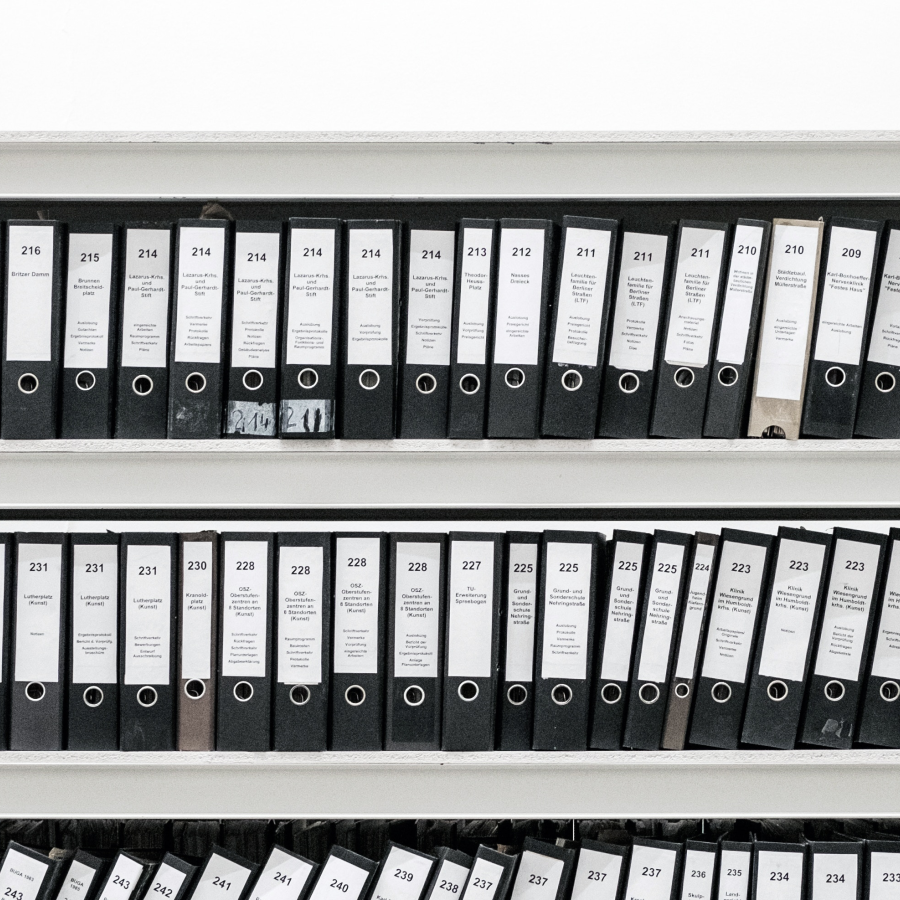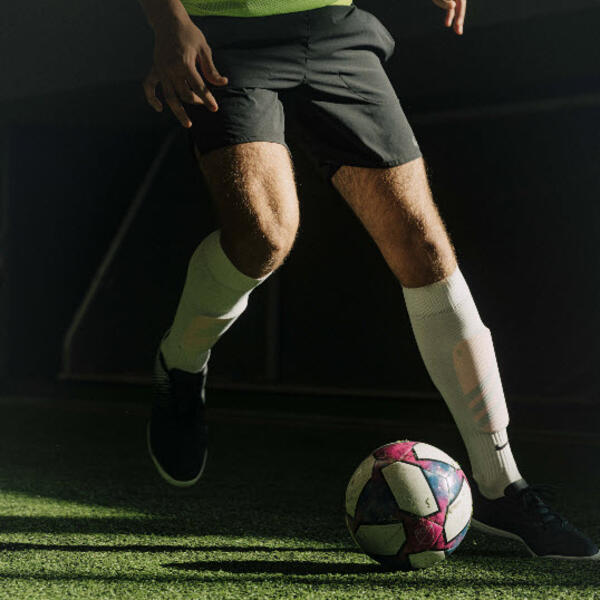Releases
WADA provides International Federations with first batch of cases in Russia investigation

The World Anti-Doping Agency (WADA) announces today that it has provided a first batch of cases to International Federations (IFs) with respect to its Russian investigation. This achievement was made possible by the WADA Executive Committee’s (ExCo’s) September 2018 decision, which reinstated the Russian Anti-Doping Agency (RUSADA) as compliant with the World Anti-Doping Code (Code) under strict conditions, including that RUSADA and the Russian Ministry of Sport provide WADA with required samples by a 30 June deadline, which was met.
Since WADA Intelligence and Investigations’ (I&I’s) successful missions to Russia in January and April to retrieve a copy of the Laboratory Information Management System (LIMS), associated raw data and samples from the former Moscow Laboratory, WADA I&I has continued validating the data and has begun compiling strong evidence against those who are believed to have cheated.
The raw data are the result of sample analysis and indicate whether a substance or metabolite was detected. In an anti-doping case, raw data provide the most compelling evidence and are superior in that regard to LIMS data*. This is why WADA’s ExCo placed such importance on accessing the raw data, making sure that was a critical condition of its September 2018 decision.
From the data, WADA I&I has identified a target pool of 298 athletes (representing 578 samples) with the most suspicious data.
WADA confirms that the relevant IFs’ results management process has begun. To date, of those 298 athletes identified by WADA I&I, the data of 43 athletes (150 samples) have been reviewed and evidentiary packages compiled. These packages have now been sent to the relevant IFs, which have commenced assessment of the evidence with a view to identifying those cases to take forward as Anti-Doping Rule Violations (ADRVs). Assessment will include review of the raw data by laboratory experts, which will take some time. In the near future, WADA aims to provide more packages to the relevant IFs. It is estimated that by the end of 2019, all priority cases will have been investigated by WADA.
Director of WADA I&I Gunter Younger said: “WADA I&I continues to make good progress on this long-running and complex case. The fact that we have moved to the results management phase means we are another step closer to bringing to justice those who cheated. This is an excellent development for clean sport and athletes around the world.
“There is still a lot of work left to do but we wish to acknowledge the ongoing cooperation with IFs as well as RUSADA. None of this progress would be possible without WADA’s ExCo decision of September 2018.”
In cases where an IF chooses not to act, WADA will review and discuss the facts with the IF. WADA reserves the right to bring cases forward to the Court of Arbitration for Sport (CAS), as appropriate, and will also monitor the decisions rendered by the respective IFs and CAS to adjust its strategy.
In addition to and separate from the evidentiary packages, WADA I&I has commenced a targeted re-analysis program of samples removed from Moscow. Already, three Adverse Analytical Findings (AAFs) have been identified and reported. In collaboration with WADA I&I, RUSADA has notified the athletes and progressed ADRVs. The commitment and assistance of RUSADA throughout this process has been invaluable.
Furthermore, on 18 June 2019, WADA I&I met with the Athletics Integrity Unit (AIU) of the IAAF and provided it with the LIMS and raw data for relevant athletes, including those who are part of WADA I&I’s target pool. An estimated 500 gigabytes of data were provided to the AIU. Following a formal handover from WADA I&I, the AIU will now take the lead and review this information with a view to identifying ADRVs.
While much has been achieved since the data and samples were retrieved, a lot of highly technical and protracted work remains in collaboration with leading experts in digital forensics. This includes examining some differences identified between the LIMS database provided by a whistleblower in October 2017 and the version WADA I&I removed from the laboratory in January 2019, and any impact that these may have on bringing cases forward.
* Raw data are produced by an analytical procedure and are the evidence considered by a laboratory expert when reporting an AAF.
Background
WADA’s ExCo decision of September 2018 endorsed the recommendation of the independent Compliance Review Committee (CRC) that RUSADA be reinstated as compliant with the Code subject to the following post-reinstatement conditions:
- RUSADA and the Russian Ministry of Sport must procure that the authentic LIMS data and underlying analytical data of the former Moscow Laboratory are received by WADA by no later than 31 December 2018.
- RUSADA and the Russian Ministry of Sport must procure that any re-analysis of samples required by WADA following review of such data is completed by no later than 30 June 2019.
In addition, as per the RUSADA Roadmap to Compliance, a successful audit of RUSADA would be carried out within four months to ensure RUSADA continues to meet compliance standards. This audit was successfully carried out in December 2018.
On 10 January 2019 the Moscow Laboratory was accessed by a WADA I&I expert team and the data [i.e. a copy of the LIMS data and underlying analytical data (raw data)] from the file server and 19 analytical instrument computers was retrieved.
On 22 January 2019, the ExCo unanimously agreed via teleconference to approve the CRC’s recommendation to continue applying the decision of 20 September.
Since then, a rigorous process of authentication was undertaken by two separate expert teams, a WADA team in Canada, and an independent team in Switzerland.
In late April 2019, another expert team from WADA returned to Russia and retrieved 2,262 samples from the Moscow Laboratory, fulfilling the second of the two conditions outlined above. The samples in the Laboratory, which had initially been sealed by Russian authorities as part of a federal investigation, were taken to a WADA-accredited laboratory outside Russia. The CRC determined that this satisfied the second post-reinstatement condition highlighted above as, by supplying all samples, the Russian authorities have given WADA full control over their re-analysis.
As it relates to RUSADA, WADA remains encouraged by the significant progress achieved by RUSADA under its new management with the support of WADA and others.
Further information: WADA has produced a flowchart that summarizes the three phases of the RUSADA Compliance Process and has compiled a document that summarizes the ‘Progress of the Anti-Doping System in Light of the Russian Doping Crisis’.

